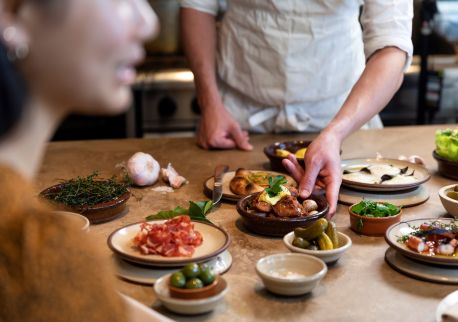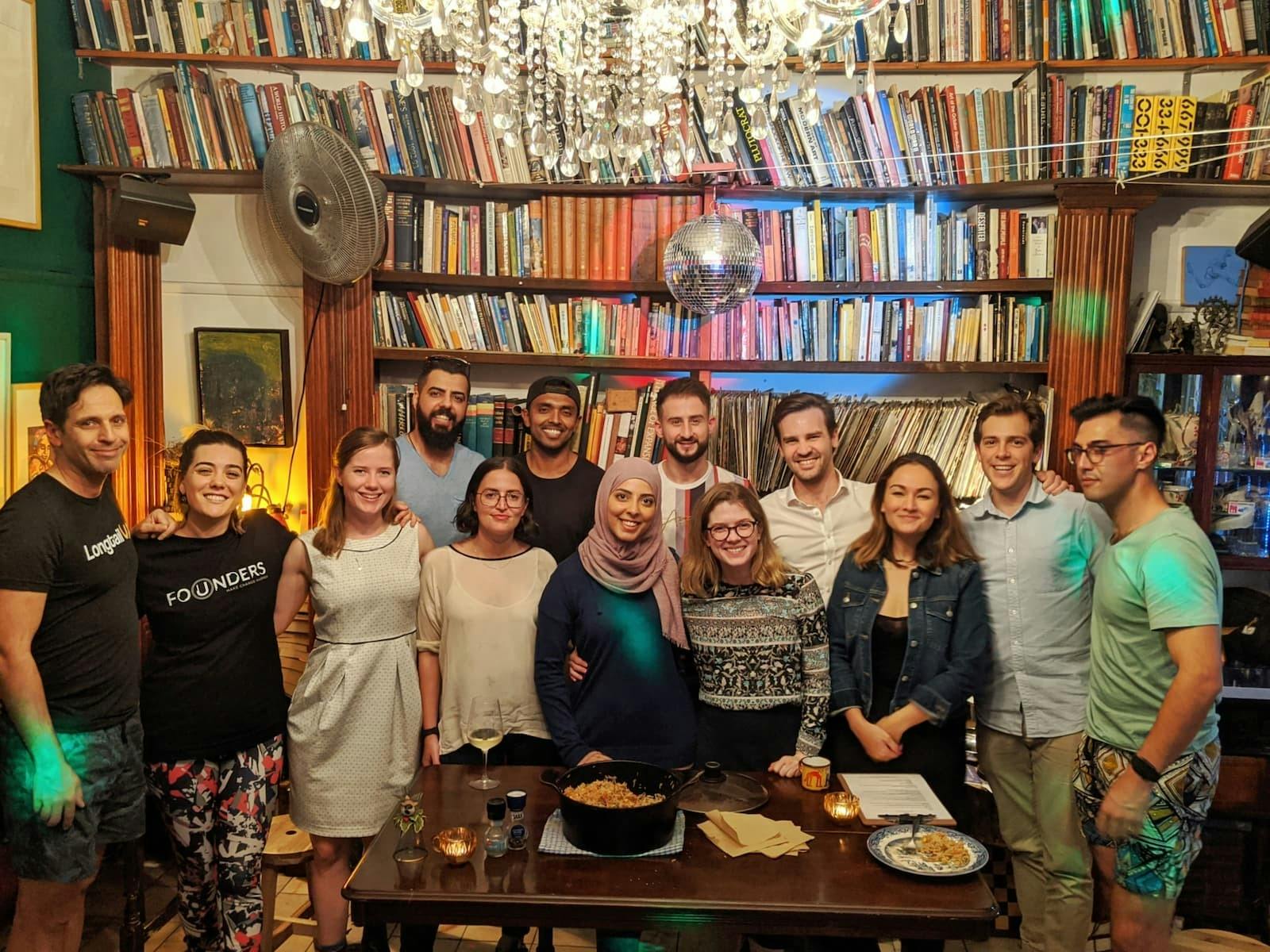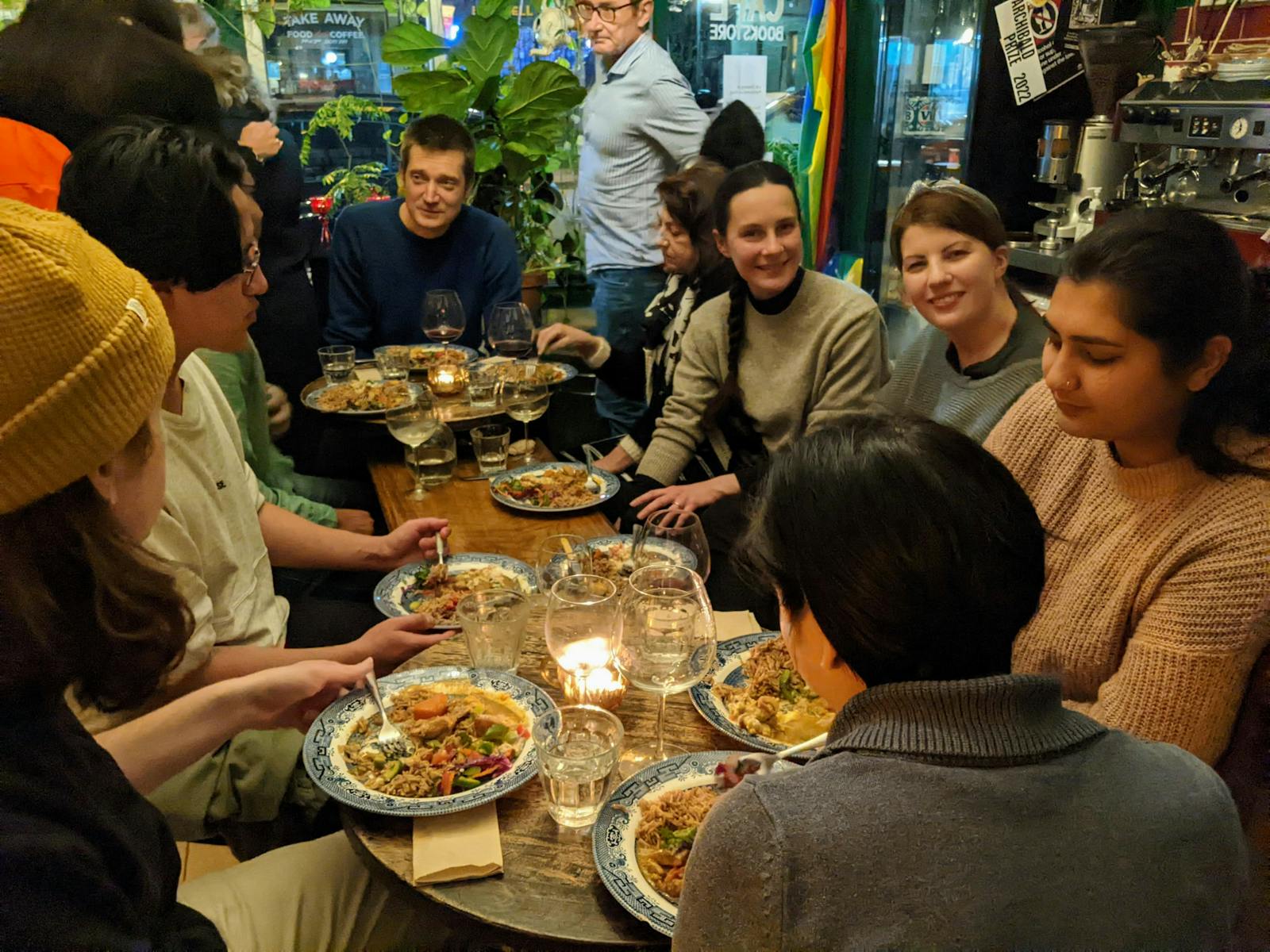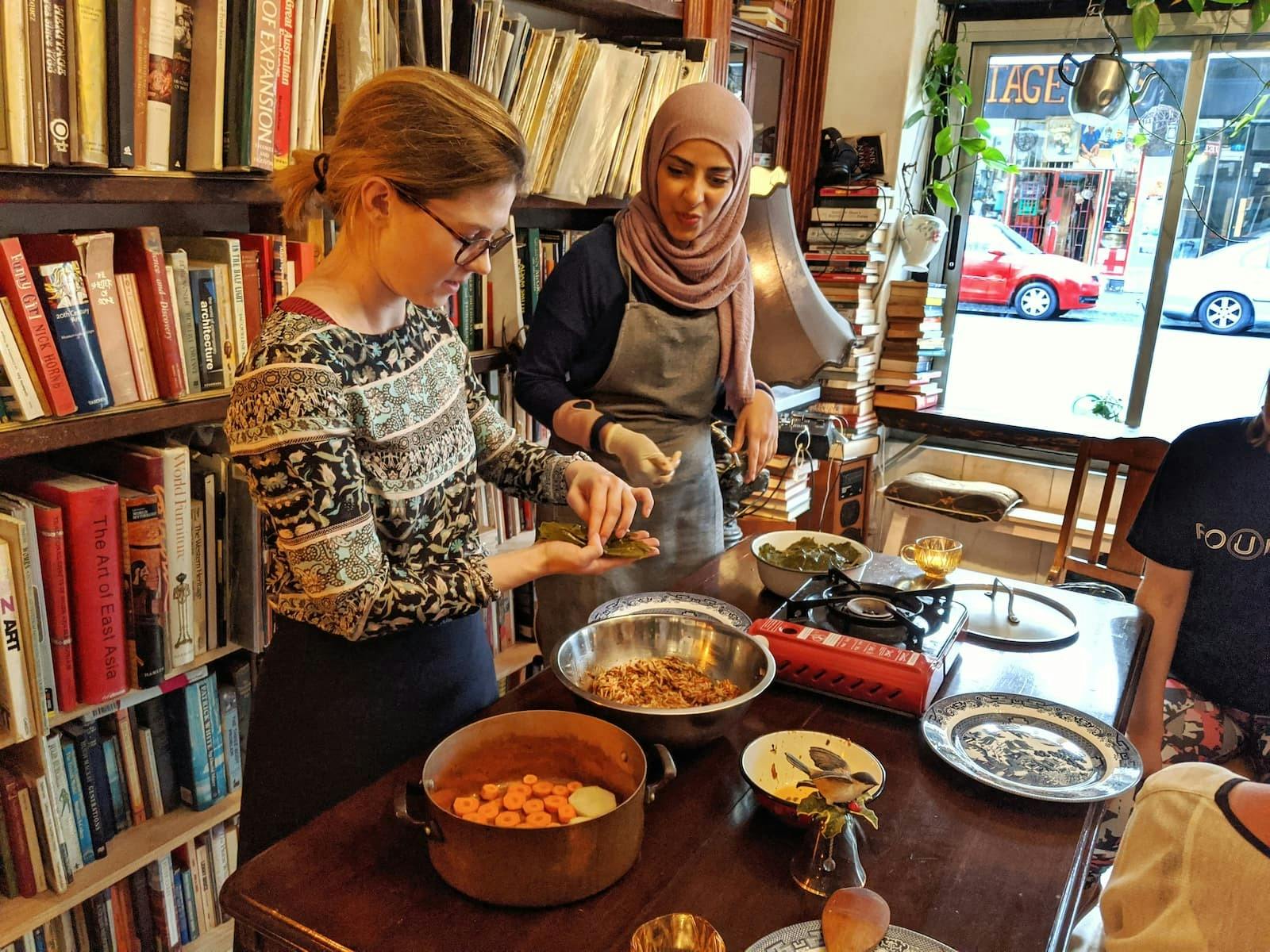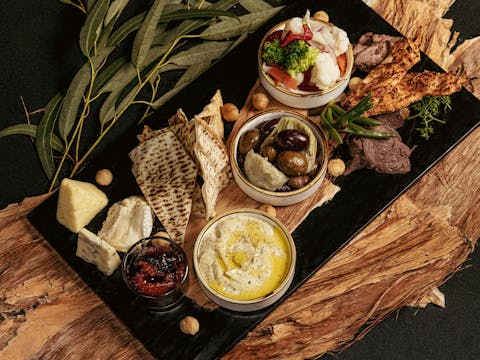Refugee Chef Dinner Banquet
Overview
Enjoy a delicious dinner banquet with a different cuisine each time and support refugees!
Join a small group and enjoy a tasty three-course banquet at bohemian cafe Parliament on King. You’ll sample food from the homelands of asylum seekers and refugees (think Burmese/Rohingya, Iraqi, Iranian, Palestinean, Nepali, Sri Lankan, Ugandan and more). Each dinner banquet has a different chef and menu, and often it is kept a surprise until the night. Your hosts will invite the chefs to share their stories, and you’re more than welcome to ask them questions about the food they’ve prepared and their stories of how they have come to Australia.
The dinner is hosted in the cosy front room of Parliament on King. Parliament on King’s mission is simple: to make lovely food. But in doing this they address the barriers to economic, social and cultural participation that asylum seekers, refugees and recent arrivals to Australia face, by providing real work, training and community. All proceeds from this event go towards funding Parliament on King’s important work.
This dinner caters for all dietary requirements and can host a maximum of 14 guests, making it an intimate and special evening.












